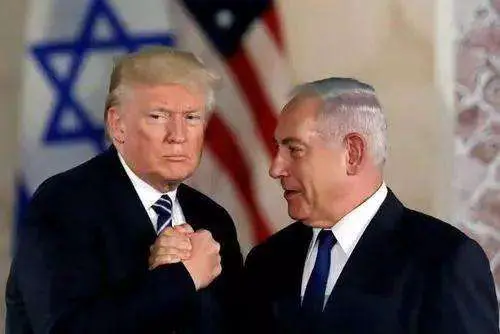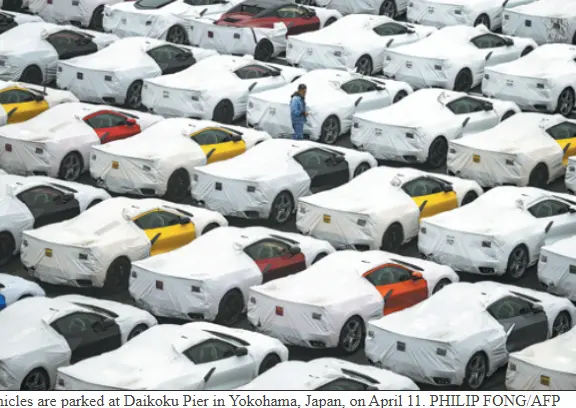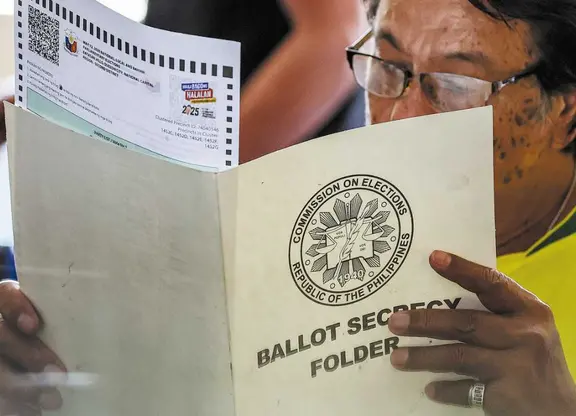The number of people killed in two vehicle attacks in Spain last week rose to 16 on Sunday after a German woman died from her injuries, local authorities in Barcelona have said.
“This morning a 51-year-old German woman died after being treated in a critical condition in hospital,” said a statement from the region’s civil defence.
The attacks in Las Ramblas in Barcelona and in the seaside resort of Cambrils left about 120 people wounded. Authorities say 24 people remain in hospital, with five in critical condition and four in a serious condition.
The woman, who has not been named, died on Sunday in the intensive care unit of Hospital del Mar in Barcelona, according to the regional health department.
The woman was hurt when a van ploughed through crowds of tourists on Spain’s most famous street on 17 August. The attack was claimed by the Islamic State terror group.
Hours later, a car sped into Cambrils, about 75 miles (120km) south of the city, hitting people before crashing into a police vehicle.
The five occupants of the Audi A3 jumped out and went on a stabbing spree, killing a woman, before they were shot dead by police.
Another man was stabbed to death in a carjacking as the driver of the van that was driven into pedestrians in Las Ramblas made his getaway. The driver of the van, identified as 22-year-old Younes Abouyaaqoub, was shot dead by police after several days on the run.
Police said they believed a 12-man terror cell had planned and carried out the attacks. Eight are dead, while four appeared in court in Madrid last week. An investigation into the cell’s possible international links is ongoing.
According to reports in Spanish media, the cell had planned a much bigger attack, with possible targets including the Sagrada Família, Antoni Gaudí’s much-loved, half-finished church in Barcelona.
About 500,000 people marched on Saturday in Barcelona to condemn the attacks under the slogan no tinc por (I am not afraid).
The march was led by police and members of the emergency services, as well as taxi drivers who had helped evacuate people at the time of the attack. They were followed by King Felipe VI – the first Spanish monarch to join a march since the monarchy was re-established in the 1970s – the prime minister, Mariano Rajoy, the Catalan president, Carles Puigdemont, and the Barcelona mayor, Ada Colau, among other prominent political leaders.
Rajoy had appealed to all sides of the political spectrum to take part in the march to show that “Catalonia and the rest of Spain [are] united against terror”.
Some pro-independence marchers turned out bearing their flags and booed both the king and the prime minister.
Colau made no reference to the booing in her speech afterwards when she said: “Today more than ever we are proud to be the capital of Catalonia because people have come from all over the country.”
Pugdemont commented that despite the “legitimate political disagreements” the eulogy to the victims had been dignified.
People continued to light candles and lay flowers in Las Ramblas on Sunday in memory of the victims.
(THE GUARDIAN)
 简体中文
简体中文













